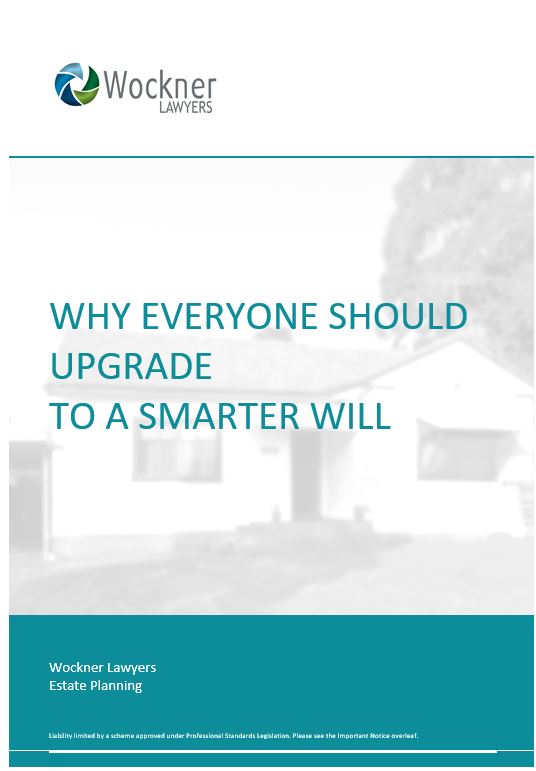Don’t make a Will on your mobile
Helping your family get their legal affairs organised is not as easy as it sounds. For a start they have to want to do it!
When it comes to their Will, they don't deal with the consequences - and it isn't the most uplifting of topics!
The understandable media attention on a Supreme Court decision declaring that a Will made on a mobile phone was valid can be wrongly interpreted by some as meaning that they don't need to prepare a proper Will.










